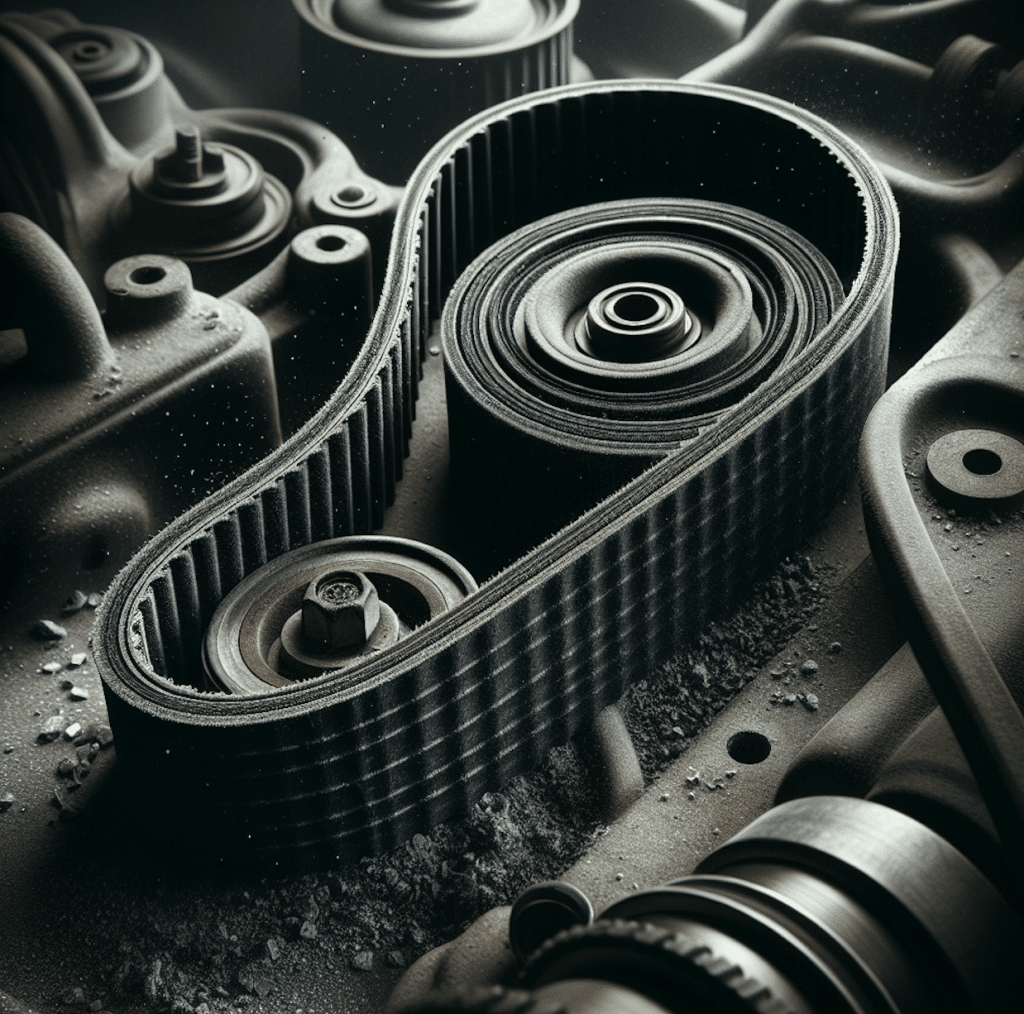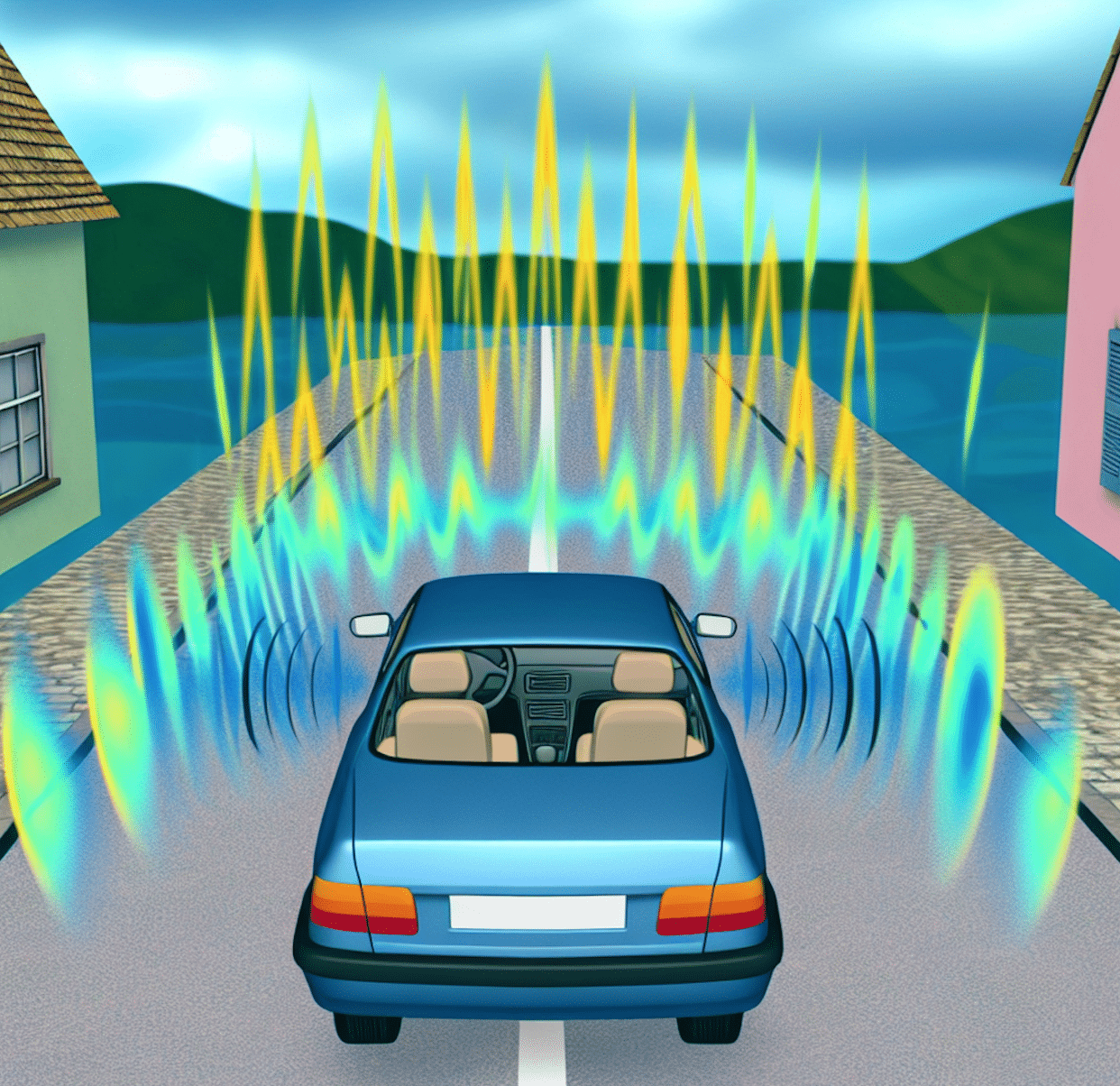Have you ever stepped on the gas pedal only to be greeted by an unwelcome squealing sound that mysteriously vanishes the moment you apply the brakes? This peculiar automotive symphony isn’t just irritating; it’s a sign your vehicle is trying to tell you something is amiss. In this blog post, we delve into the possible causes behind your car’s squealing during acceleration and why it halts upon braking.
The mystery of the squealing car
A car is a complex piece of machinery with countless moving parts that need to be in harmony for seamless operation. So, when there’s a disturbance in this harmony, your vehicle communicates through sounds, lights, and vibrations. Squealing is often a high-pitched noise, more like a shriek than a rumble, which indicates its source is often a fast-moving component.
Causes of squealing when accelerating
To see where that squealing is coming from, you need to consider the following cases. But for better diagnosing, it’s better to have someone else with you who can help if possible.
Worn or loose serpentine or drive belts
The serpentine, or drive belt, is a long, winding belt that powers various components such as the alternator, power steering pump, air conditioning compressor, and sometimes the water pump. Over time, these belts can wear out, lose tension, or become misaligned. A squealing noise during acceleration could be the result of the belt slipping, which becomes more apparent under load.

Pulley misalignment or damage
The pulleys that guide the serpentine belt can become misaligned or damaged due to wear and tear or improper installation. A misaligned pulley can lead to uneven belt wear and a high-pitched squeal as the rubber of the belt grinds against metal surfaces.
Faulty tensioner or Idler pulley
The tensioner and idler pulleys help maintain the correct tension on the serpentine belt. If either of these components fails, the belt may become too loose or too tight, leading to a squeal when accelerating as the engine speed increases and the load on the belt grows.
Engine issues
The engine itself can be the source of the problem. Worn bearings in components like the water pump or alternator can cause a squealing noise. This could be exacerbated when accelerating, as engine components work harder and spin faster, increasing the strain on any damaged parts.
Vacuum leak
Engines use vacuum lines to operate various systems. A cracked or loose vacuum hose can produce a high-pitched squealing sound. The change in engine speed during acceleration affects the vacuum pressure, which can explain why the noise appears during this time.
Why does the squealing stop when braking?
Now, why would your car choose to be quiet when braking, bringing that pesky squealing to an end? The reasons aren’t just limited to audio illusion or coincidence; they’re tied to the physics of car operation.
Change in engine load
When you brake, the engine load decreases significantly as you’re not demanding power for acceleration. The lessened load can sometimes allow a slipping belt to regain grip, or components under strain to move less, thereby reducing or stopping the noise.
Altered engine speed
Braking typically involves a reduction in engine speed—RPMs drop, and so does the work for engine-related components that could be the source of squealing. Less movement equals less noise.
Shift in car dynamics
Deceleration shifts the dynamics of the car—weight distribution changes, engine components may shift ever so slightly, and this could temporarily alleviate the conditions causing the squeal.
Diagnosing the squeal
To get to the bottom of what’s causing your car’s squealing, consider the following steps:
- Visual inspection: Start by inspecting the serpentine belt for cracks, fraying, or brittleness. Look at the pulleys and tensioner for signs of wear or damage.
- Listen for changes: Does the squeal change pitch with engine speed? Does it happen during cold starts or all the time? Answers to these questions can help narrow down the source.
- Check for vacuum leaks: Inspect vacuum hoses for cracks, holes, or loose connections that could cause leaks.
- Seek professional help: If you can’t find the source of the squeal, it’s time to visit a trusted mechanic. They will have the tools and expertise to diagnose and fix the issue accurately.
Consequences of ignoring the squeal
Ignoring the squealing noise can lead to more serious problems down the line. In fact, a failed belt can lead to engine overheating, loss of power steering, or dead battery. Also, bearings left unattended can result in complete component failures. Vacuum leaks can cause engine performance issues and decreased fuel efficiency.
Conclusion
Preventative maintenance and prompt attention to odd sounds, like squealing when accelerating, can save you time and money in the long run. So, do not dismiss these auditory indicators as mere annoyances. They are a crucial defense mechanism your car uses to communicate potential problems. Also, address the squeal early, and you’ll ensure a smoother and safer ride for you and your vehicle.
Remember, regular checks and services are key to avoiding these issues in the first place. Stay tuned to your car’s way of talking to you, and you’ll likely enjoy a long and harmonious relationship with your four-wheeled friend.
In the end, your car’s health translates to your safety on the road, so never underestimate a squeal; it’s a small sound with potentially big implications.
